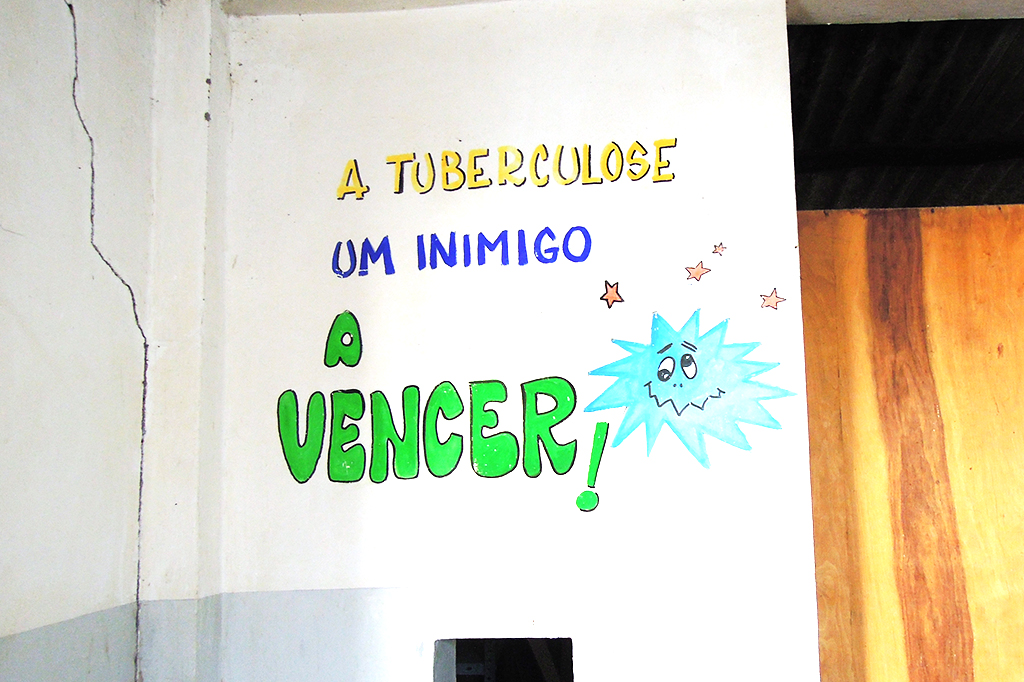null
dia-mundial-de-la-tuberulosi
Día Mundial de la Tuberculosis
Día Mundial de la Tuberculosis
March 24, 2018
El 24 de marzo se celebra el Día Mundial de la Tuberculosis para concienciar y dar visibilidad a la lucha contra esta enfermedad, que según explica la Organización Mundial de la Salud (OMS), es una de las principales causas infecciosas de muerte.
La Tuberculosis (TB) forma parte de la agenda de los Objetivos de Desarrollo Sostenible que marcan poner fin a la epidemia mundial para el año 2030. Del mismo modo, la estrategia de la OMS pasa porque esta enfermedad deje de ser una causa de mortalidad, morbilidad y sufrimiento para las personas que la padecen. Algunos de los datos que destaca son:
La Tuberculosis (TB) forma parte de la agenda de los Objetivos de Desarrollo Sostenible que marcan poner fin a la epidemia mundial para el año 2030. Del mismo modo, la estrategia de la OMS pasa porque esta enfermedad deje de ser una causa de mortalidad, morbilidad y sufrimiento para las personas que la padecen. Algunos de los datos que destaca son:
- Se producen 1,5 millones de muertes relacionadas con la TB anualmente.
- La TB se asocia a la infección del VIH y la TB multi resistente por lo que representa una amenaza para el desarrollo y la seguridad alimentaria.
Este día también sirve para visibilizar las relaciones entre todos los agentes implicados en la investigación y lucha contra la TB y promover sinergias entre las partes interesadas para "posibilitar la atención centrada en el paciente, propiciar cambios en las políticas y los sistemas sanitarios y promover una intensificación de las investigaciones y las innovaciones para eliminar la TB ", describe la OMS.
 El soporte de Probitas
El soporte de Probitas
 El soporte de Probitas
El soporte de ProbitasDesde la Fundación Probitas también se colabora para acabar con la epidemia transfiriendo los recursos y conocimiento que dispone. Es por este motivo, que actualmente tiene activos proyectos que se centran en la investigación, detección y diagnóstico de esta enfermedad.
Guatemala
Guatemala
El proyecto pretende por primera vez implementar un Point -of- care (POC) test para el diagnóstico de la TB en pacientes con VIH en centro América. Se estima que unas 620.000 personas infectadas con el VIH se beneficiarán. Uno de los objetivos se centra en mejorar el control y el seguimiento de los pacientes para mejorar el pronóstico y reducir la transmisibilidad.
India
India
Probitas, junto con la Fundación Vicente Ferrer llevan a cabo un proyecto en el Estado de Andra Pradesh, en la India que tiene por finalidad mejorar la calidad de vida de las personas con enfermedades infecciosas, principalmente VIH / SIDA y TB. El proyecto cumplirá sus objetivos mediante la adquisición de equipos y suministros hospitalarios y la distribución de suplementos nutricionales que mejorarán la vida de los pacientes.
De este modo, Probitas se implica en mejorar la calidad de vida de las poblaciones que viven en condiciones de vulnerabilidad a través de transferir experiencia, recursos y conocimiento en el ámbito de la salud.
De este modo, Probitas se implica en mejorar la calidad de vida de las poblaciones que viven en condiciones de vulnerabilidad a través de transferir experiencia, recursos y conocimiento en el ámbito de la salud.
